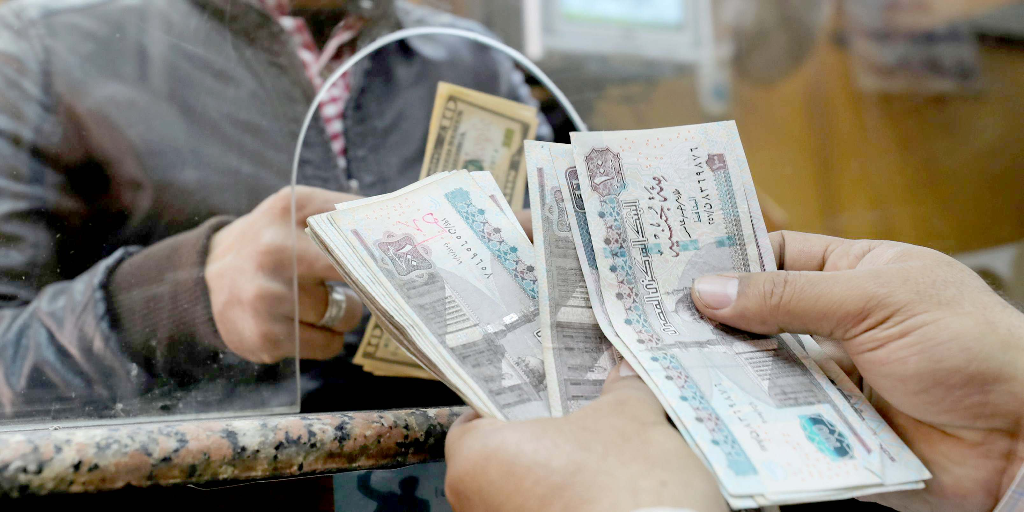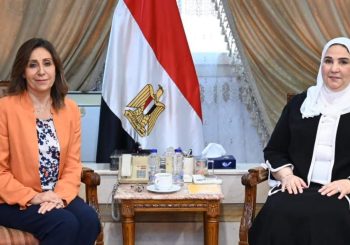On 20 June, Egypt’s Minister of Finance, Mohamed Maait, informed the country’s parliament that the country had lost EGP 440 billion (USD 23.4 billion) over the past two years due to the COVID-19 pandemic and the Russian-Ukrainian War.
The statistic was a part of Maait’s speech to parliamentarians regarding Egypt’s proposed budget for the 2022/23 fiscal year.
“Without these two crises, Egypt would have saved USD 7.5 billion,” Maait stated.
Maait further emphasized that many sectors, particularly tourism and civil aviation, suffered significant losses over the past two years.
“The government is doing its best to contain the negative impact of these two crises and make sure that all food and fuel products are available on the market,” he added.
Maait’s speech comes a day before members of parliament (MP) are to vote on the Budget Committee’s proposed budget and plan for the coming year. The vote comes after parliament’s prior two-day session to discuss budget allocations.
Debts, inflation, subsidies: the concerns of the country
Certain MPs have questioned the government’s project planning in light of the current economic struggles. Veteran MP Mustafa Bakri believes that certain megaprojects should be placed on hold.
“The aim of projects is [to secure] a decent life [for the people], which is significant. Other projects, however, must be temporarily halted despite their importance because of the repercussions of the Russian-Ukrainian war and other global crises,” Bakri argues.
Other MPs criticized the government for increasing foreign debt and a lack of fiscal discipline. Members also recommended removing subsidies in place of cash transfers.
Maait affirmed that the Ministry will work towards integrating certain recommendations. The minister requested that MPs consider the detriments of rationalizing spending when discussing budget spending.
“I have listened to MPs asking for rationalizing government spending, and this sounds great, but it could negatively affect sectors like health, education, and salaries, which are in desperate need of greater spending all the time,” Maait explained, promising that the government will work diligently to decrease Egypt’s debts.
“But please remember that most of the loans borrowed were necessary for implementing productive projects,” Maait added.
Other key points
In response to parliament’s concerns over the ongoing wheat crisis and Egypt’s lack of grain cultivation, Maait stressed the importance of importing wheat, referring back to the bread crisis of 2008.
“If we do not import wheat, we’ll see a repeat of the events that happened in 2008, when people stood in line to buy bread,” Maait proclaimed.
Maait also assured MPs that any citizen who earns less than EGP 2,400 (USD 127) a month will be exempted from taxes.
Despite the rise in debt and inflation, Maait ensures that Egypt’s economic strength has grown since the budget of the 2010/2011 fiscal year. The minister used comparative statistics to press his point, as seen in the increase in Egypt’s GDP from EGP 1.37 trillion (USD 73 billion) to EGP 9.1 trillion (USD 485 billion).
A final vote on the proposed budget will be conducted on Tuesday, 21 June.







Comments (4)
[…] تكلفة الوقود في البلاد يأتي في ضوء استمرار العالمية التحديات الاقتصاديةبدأه جائحة COVID-19 في عام 2020 وتفاقم بسبب الغزو الروسي […]
[…] country’s rising cost of fuel comes in light of the ongoing global economic challenges, initiated by the COVID-19 pandemic of 2020 and aggravated by Russia’s ongoing invasion of […]